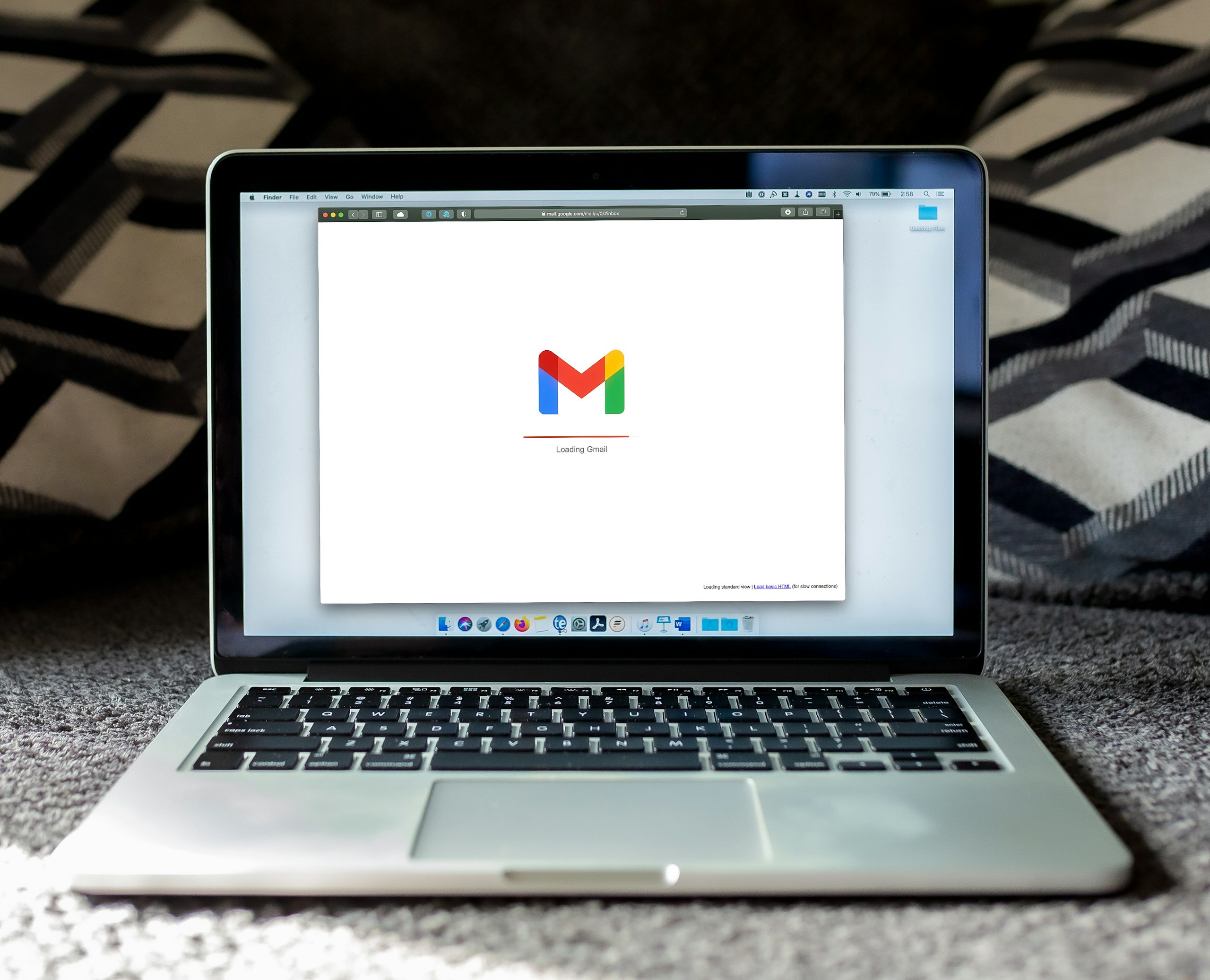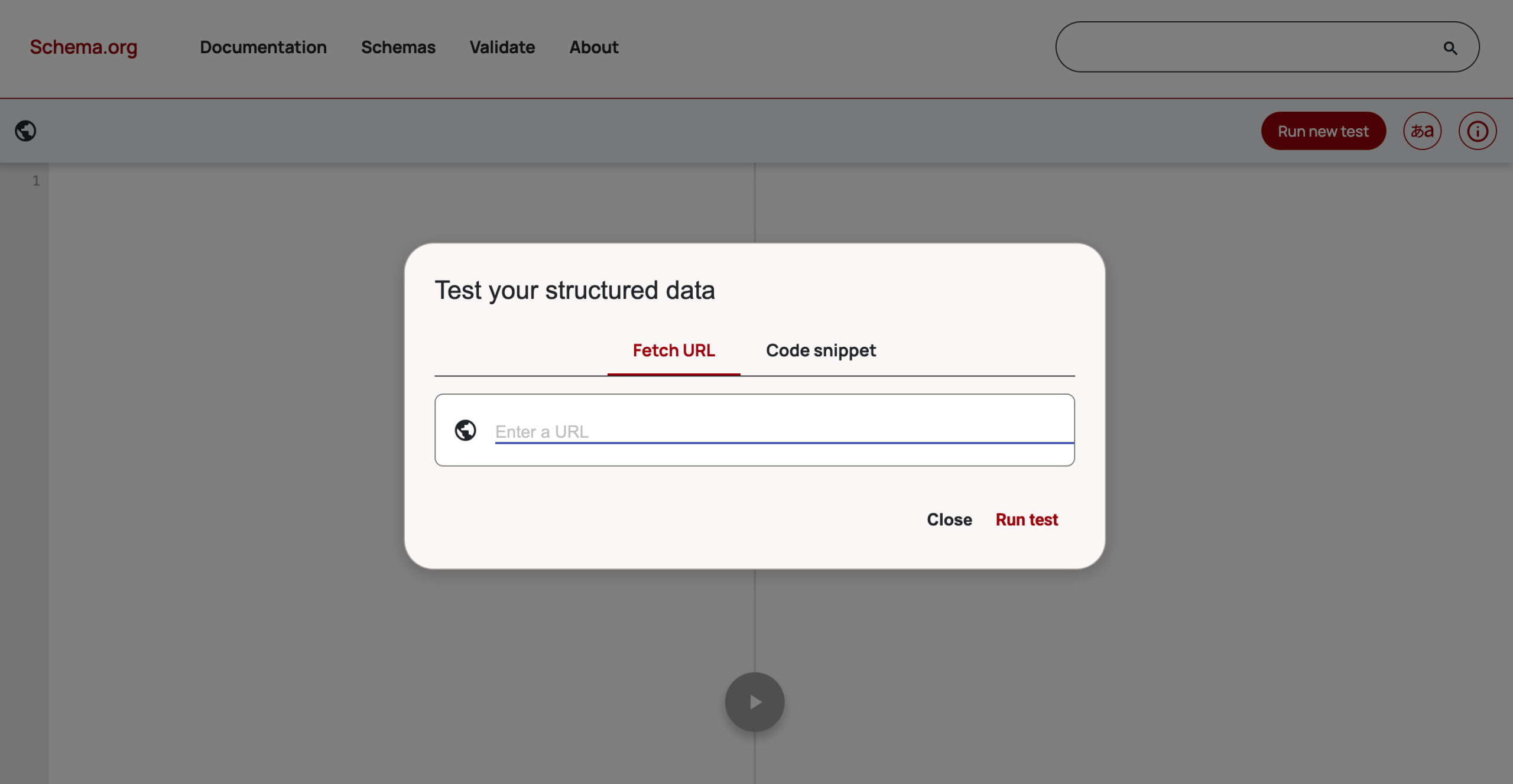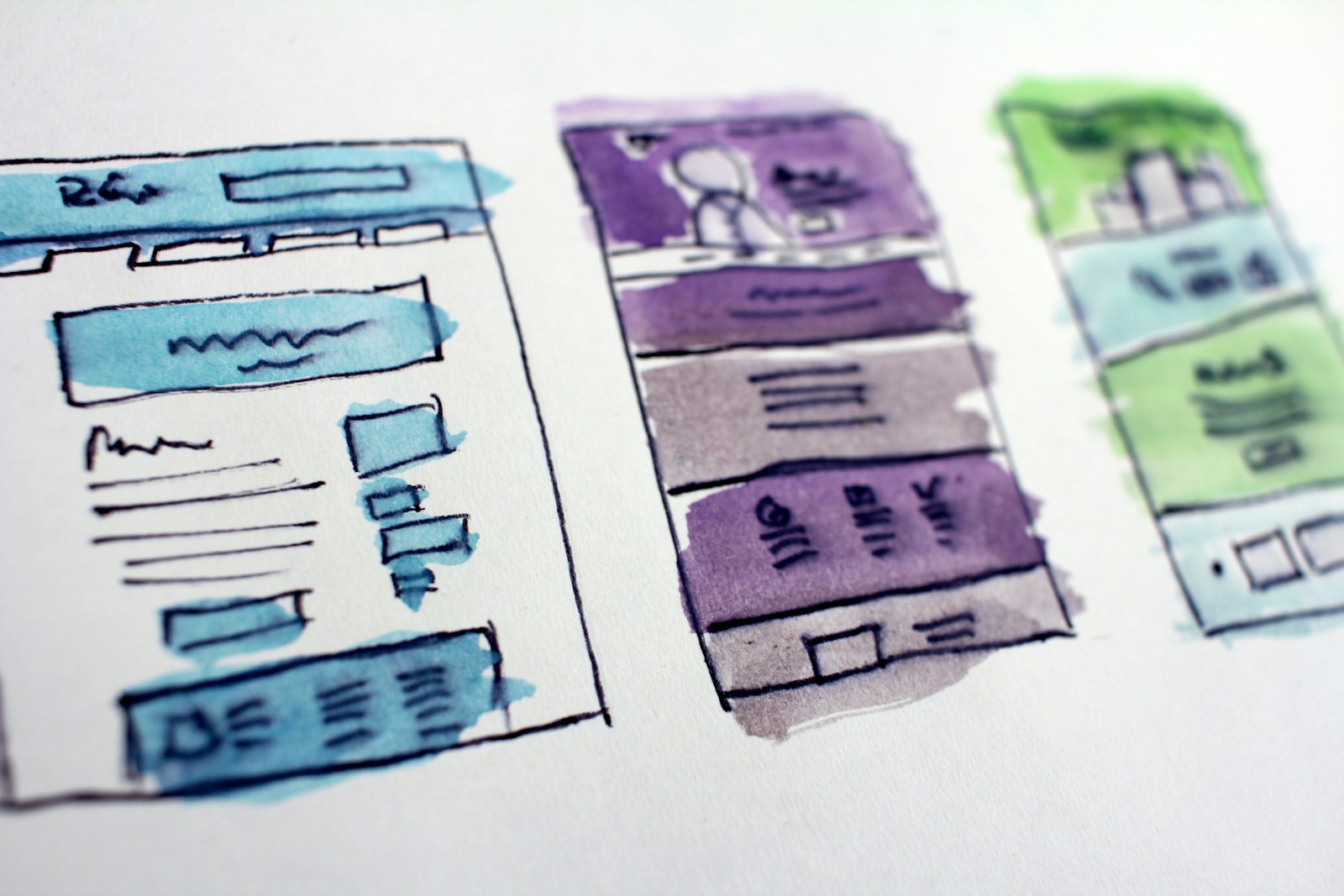Table of Contents
Artificial Intelligence (AI) has become the driving force behind the most innovative digital marketing strategies, and email is no exception. In 2025, AI isn’t just assisting marketers – it’s fundamentally changing how campaigns are designed, personalized, and optimized. Brands leveraging AI are seeing measurable improvements in engagement, conversions, and long-term loyalty.
Smarter Personalization Beyond First Names
Personalization once meant adding a first name to the subject line. In 2025, AI makes personalization dynamic, contextual, and behavior-driven. AI-powered systems analyze past purchases, browsing patterns, and real-time engagement data to deliver hyper-relevant content for each subscriber.
This isn’t about guessing. AI predicts what each subscriber will find most valuable. From recommended products to curated content, personalization now feels like a one-to-one conversation, not a mass email campaign.
Example in Practice
A clothing retailer can use AI to send tailored recommendations based on recent browsing behavior. If a customer looked at winter coats but didn’t purchase, the follow-up email might highlight trending outerwear styles or offer an exclusive discount.
Predictive Analytics and Send-Time Optimization
One of AI’s biggest advantages is its predictive power. AI tools analyze massive amounts of data to forecast subscriber behavior, such as the optimal time for each person to open an email. The result? Higher open and click-through rates.
Marketers no longer rely on best guesses or generalized schedules. Instead, campaigns are timed with precision, delivering content when subscribers are most likely to engage. This also improves deliverability, since inbox providers reward higher engagement rates.
Predictive Content Selection
AI doesn’t just optimize send times; it predicts the best type of content for each subscriber. Whether it’s a blog post, case study, or limited-time offer, AI ensures every email is timely and relevant.
AI-Generated Subject Lines and Copy
Crafting subject lines has always been a challenge. AI now generates subject lines, preview text, and even email copy designed to resonate with specific audience segments. These suggestions are backed by performance data and natural language models trained on millions of examples.
This doesn’t eliminate the role of marketers – it enhances it. Marketers can A/B test AI-driven suggestions, using them to refine tone, urgency, and calls to action. AI provides the science, while humans apply the art.
Human + AI Collaboration
Marketers who combine AI’s analytical power with their own creativity see the best results. The future isn’t about replacing human marketers, but equipping them with tools that accelerate strategy.
AI in Automation and Lifecycle Campaigns
Email automation has been around for years, but AI elevates it to a new level. Instead of static drip campaigns, marketers can create adaptive workflows that adjust to subscriber behavior in real time.
For example, if a subscriber clicks on an educational blog but ignores a promotional offer, AI may automatically shift them into a nurturing sequence focused on value-driven content rather than sales. The result is more relevant communication that builds trust and loyalty.
Long-Term Business Impact
AI-driven automation creates campaigns that feel personalized at scale. Businesses save time, reduce guesswork, and maintain a consistent brand experience across every stage of the customer journey.
Ethical Use of AI in Email Marketing
With great power comes responsibility. As AI shapes email campaigns, transparency and ethics are essential. Marketers must be clear about how data is used and ensure compliance with global privacy laws.
Consumers expect brands to protect their information. Demonstrating responsible AI use not only builds trust but also strengthens deliverability, as spam filters increasingly prioritize verified, transparent senders. For more on data ethics, review resources from the National Institute of Standards and Technology (NIST).
FAQs About AI in Email Marketing
Will AI replace human email marketers?
Is AI only for large companies?
How does AI improve deliverability?
What are the risks of using AI in email marketing?
How should businesses start with AI in email marketing?
Final Thoughts
AI is no longer the future of email marketing – it’s the present. In 2025, businesses that embrace AI are running smarter, faster, and more impactful campaigns. From predictive analytics to adaptive automation, AI transforms email into a personalized experience for every subscriber.
At Apeiros Marketing, we leverage AI tools to help clients design strategies that not only perform today but are built for tomorrow. The brands that adopt these technologies responsibly will lead the way in the next era of digital marketing.







